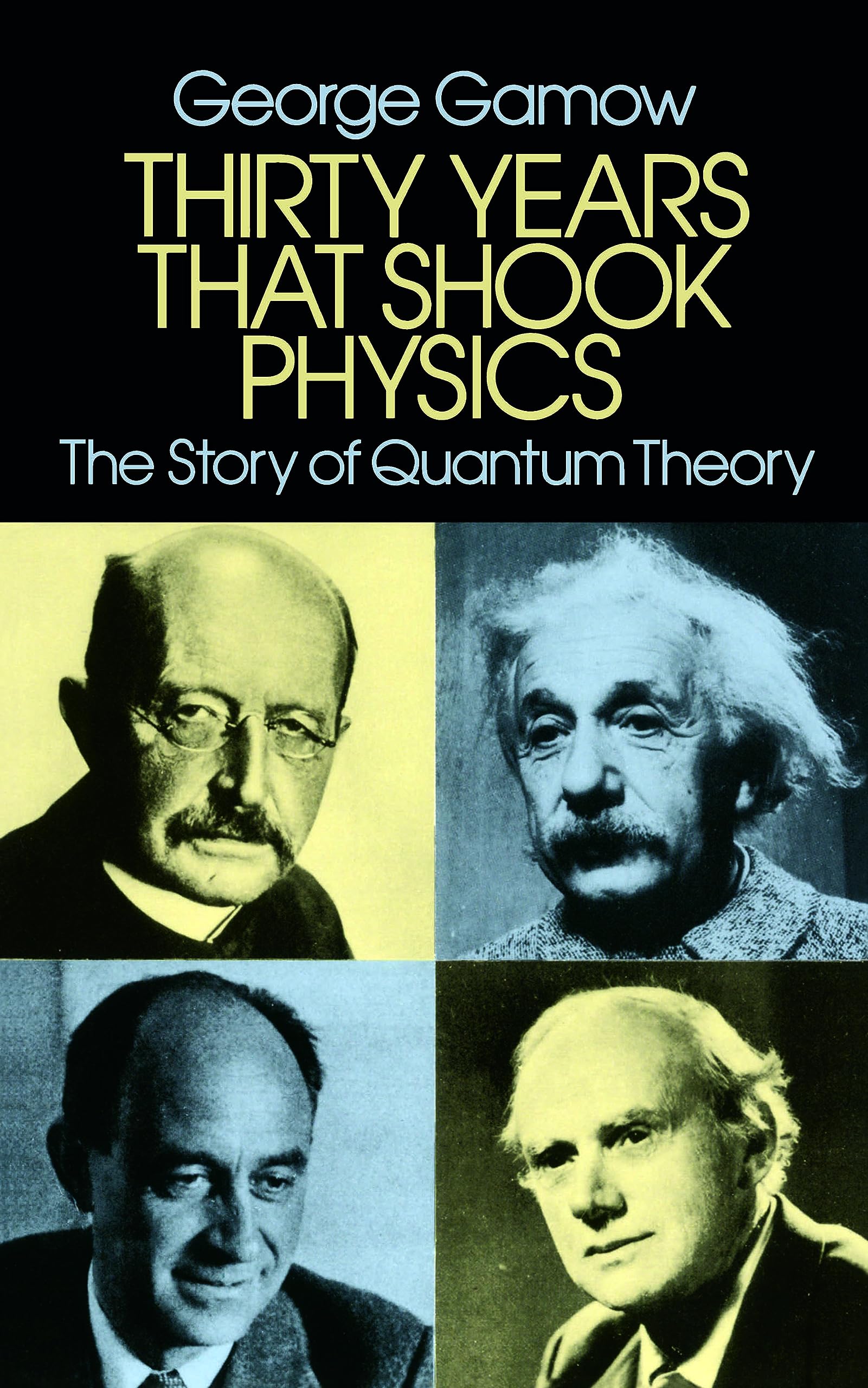There were of course a lot of things of smaller scope to be done, and the unification of EM and the weak nuclear force was in the future, as well as the imperfect Standard Model that adds the strong nuclear force, and we still haven't unified gravity and the other three fundamental forces, but programming was wide open, and what you could do was rapidly improving as the machines were rapidly becoming faster and bigger. ADDED: For example, the Electrologica X1 he did his Ph.D. thesis on was solid state, as in completely transistorized (no vacuum tubes) and had magnetic core memory, both major advances in the '50s.
Heck, my calling was science, and I was strongly on that track as of 1968, but computers nonetheless gained a lot of my attention starting in the mid-late '70s, as they did for Feynman starting with the Manhattan Project when "computers" were the operators of 10 digit electromechanical scientific calculators.
Since then, even with earth shattering developments like the discovery of nuclear fission in 1938 and what followed from that, things have been quite a bit slower in physics. Biology, though, certainly took up a lot of slack, we only really started getting a handle on its foundations in my lifetime.
Still, there is hope. “New ideas sometimes serve as revolutions,” Jones and Weinberg comment. Revolutions tend to favor the young. The average age-at-discovery, in physics, took a dip at the beginning of the century. This is where Einstein came in, who published his general theory of relativity at 26, and Dirac, who wrote the “fever chill” poem. They attribute this to the impact of quantum mechanics at the beginning of the century, when “the entire worldview of physics changed”
There's a highly recommended books, Thirty Years that Shook Physics: The Story of Quantum Theory (http://www.amazon.com/Thirty-Years-that-Shook-Physics/dp/048...) that in part explains what's happened in the last century and a quarter or so. That amazing 30 years of course produced a rash of Nobels, and in the other Nobel fields then enabled further Noble research, e.g. the 20th Century's preeminent chemist, Linus Pauling, got his Ph.D. at an opportune time for him to do his postdoc work in Europe, and then apply the developing quantum theory to his field.
Molecular genetics, particularly the elucidation of DNA, also resulted in a truly wild ride for a few decades, something I got a feel of when I started doing it in 1977.
Now, a lot of scientists are in Feynman's position, in a time where there's lots of known stuff out there, but achievable Nobel worthy research is less obvious to everyone, including those awarding the prizes.
Gamow's Thirty Years that Shook Physics: The Story of Quantum Theory http://www.amazon.com/Thirty-Years-that-Shook-Physics/dp/048... is the standard non-specialist account of this, it starts with Plank right after the turn of the century and is essentially complete in 3 decades, about when Feynman was in high school and teaching himself serious math.


See, for example:
>One, Two, Three... Infinity: Facts and Speculations of Science (1947)
https://www.amazon.com/One-Two-Three-Infinity-Speculations/d...
PDF: https://archive.org/details/OneTwoThreeInfinity_158
..........................
>Thirty Years that Shook Physics: The Story of Quantum Theory (1966)
https://www.amazon.com/Thirty-Years-that-Shook-Physics/dp/04...
PDF: https://archive.org/details/ThirtyYearsThatShookPhysics-TheB...